Top Reasons Bakeries Are Switching to Flexible Bread Bags
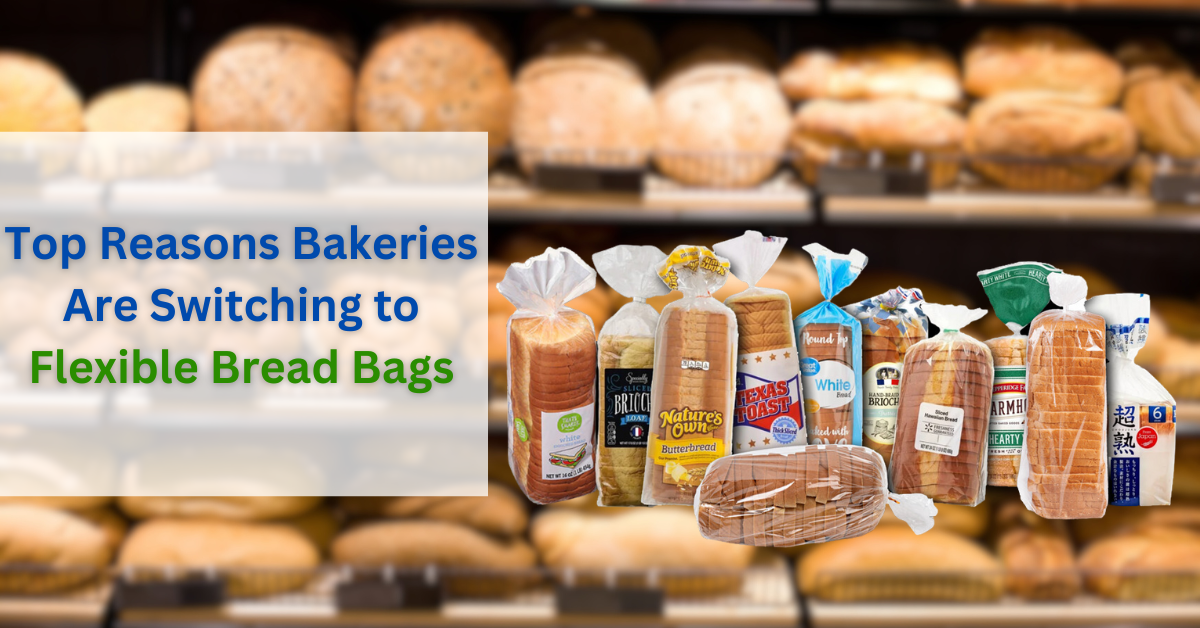
Flexible bread bags and packaging help bakeries maximize freshness, reduce waste, lower costs, and operate more sustainably. For quality, convenience, and affordability, flexible is the way to go. Your customers will surely notice the difference!
Benefits of flexible packaging for bread bags and baked products
Here we will explain such benefits of flexible bread bags for your bakeries.
Preserve Freshness and Extend Shelf Life
Flexible bags create an airtight seal that locks in freshness and keeps oxygen out. This slows down staling and mold growth, extending the shelf life of bread and baked goods by up to 2 weeks. More time means less waste and happier customers.
The sealed environment in flexible bags also helps preserve the aroma, texture, and taste of bread. Your products will stay soft and smell freshly baked even after a few days. Flexible packaging is a must for artisanal and gourmet breads where quality is key.
Reduced Costs
These bags cost less than rigid containers, saving you 30-50% per unit. They’re cheaper to produce, transport, and store since they take up less space. More money in your pocket means more to invest in your business.
Plus, Flexible bags use less raw materials and energy to produce compared to hard containers. They’re also more compact, so you can fit more in each shipment and reduce the number of deliveries needed. This lowers your carbon footprint and helps the environment.
Improved Sustainability
The environmental impact of packaging is a growing concern, and flexible packaging addresses this issue effectively.
It is lightweight, requiring fewer resources during production and transportation, resulting in a reduced carbon footprint. Additionally, flexible packaging often uses fewer raw materials compared to other packaging types, minimizing waste generation.
Many flexible packaging materials are recyclable, and innovative solutions, such as compostable films, are gaining traction in the industry. By choosing flexible packaging, bread and baked goods manufacturers can contribute to sustainable practices and meet the evolving demands of eco-conscious consumers.
Many consumers reuse bread bags and other flexible plastics to store leftovers, organize items, or for other purposes before recycling them. This further reduces their environmental impact and waste. Some bakeries have started programs allowing customers to return clean bread bags for recycling and reuse.
Enhanced Product Visibility
With transparent bakery bags, customers can clearly see your fresh-baked goods. This visibility stimulates impulse purchases and attracts new customers who can see exactly what you’re offering. Studies show that over 70% of purchasing decisions are made at the point of sale, so giving customers a peek at your delicious breads and pastries is a great way to drive more sales.
Flexible bread packaging bags give your products the spotlight they deserve. Your fresh-baked goods will look irresistible, your branding will be on full display, and you’ll drive more impulse purchases and attract new customers.
Improved Convenience
Flexible packaging offers numerous convenience features that make it an ideal choice for bread bags and baked products. It can be designed with resealable closures, allowing consumers to open and close the package easily while preserving the product’s freshness. Moreover, flexible packaging is lightweight, easy to carry, and often comes with tear notches or easy-open features, facilitating effortless access to the contents. These aspects enhance the overall consumer experience and convenience.
Branding and Marketing Opportunities
With advancements in printing technologies, manufacturers can showcase their brand logos, product information, and appealing visuals on the packaging, catching the attention of consumers on store shelves.
Eye-catching designs and vibrant colors can create a strong brand identity and influence consumer purchasing decisions. The flexibility of these materials also allows for unique shapes and sizes, further enhancing the visual appeal and differentiating the product from competitors.
The Recap:
- Flexible packaging, typically made from materials like plastic films or laminates, provides excellent protection for bread and baked goods. These materials act as a barrier against moisture, oxygen, and light, preserving the freshness and quality of the products.
- Flexible packaging offers numerous convenience features that make it an ideal choice for bread bakery bags and baked products. It can be designed with resealable closures, allowing consumers to open and close the package easily while preserving the product’s freshness.
- Compared to traditional packaging options, such as rigid containers or boxes, flexible packaging is generally more affordable due to its lower material and transportation costs.
- Flexible packaging often uses fewer raw materials compared to other packaging types, minimizing waste generation.
- The flexibility of these materials also allows for unique shapes and sizes, further enhancing the visual appeal and differentiating the product from competitors.
The Conclusion
These bags keep your bread fresher for longer by locking in moisture and keeping air out. They’re more sustainable since they require fewer resources to produce and transport.
They showcase your products beautifully with high clarity and vibrant printing. They’re safer for customers and staff to handle and open.
And ultimately, they can save bakeries money through reduced waste and operational efficiencies. If you’re still using rigid packaging, it may be time to make the flexible switch.
Your bread, your customers, and your bottom line will thank you.
Share:
Get A Quick Quote
Social Media
Most Popular

How to Choose the Right Bullet Casing Evidence Bags
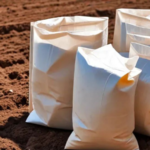
Choosing Sustainability: Biodegradable Bags for Soil
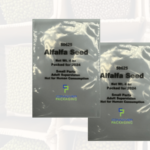
A Comprehensive Guide to Seed Packaging Methods
Categories
Tags
Related Posts
RFID vs. Barcodes for Evidence Tracking: A Side-by-Side Analysis
Automated identification technology (AIT), such as barcoding and radio frequency identification (RFID), is increasingly used by forensic labs and law enforcement to track and manage
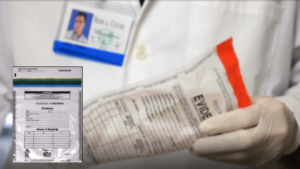
How to Choose the Right Bullet Casing Evidence Bags
Bullet casings are one of the most common pieces of evidence collected from crime scenes, and their preservation is crucial for investigations. Choosing the right
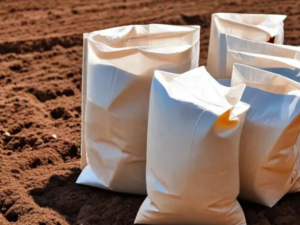
Choosing Sustainability: Biodegradable Bags for Soil
In our quest for a greener planet, every little choice matters. And one choice that’s gaining traction in recent years is opting for biodegradable bags
